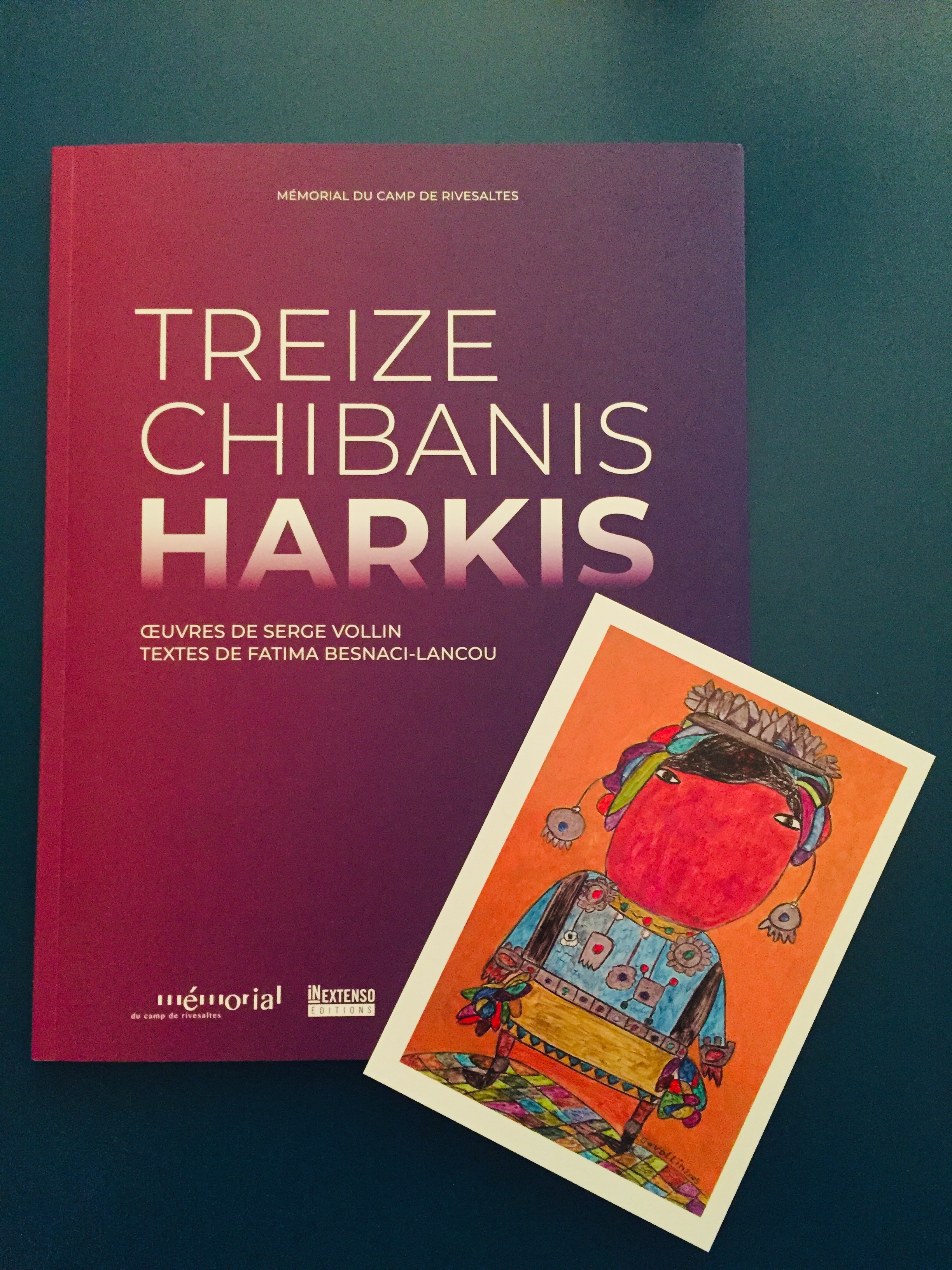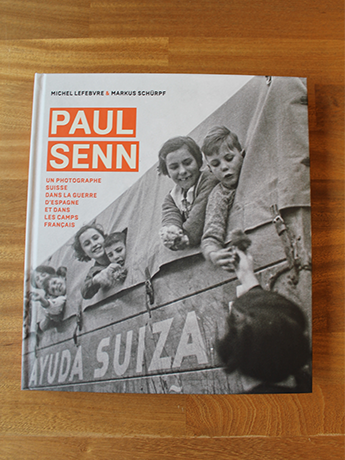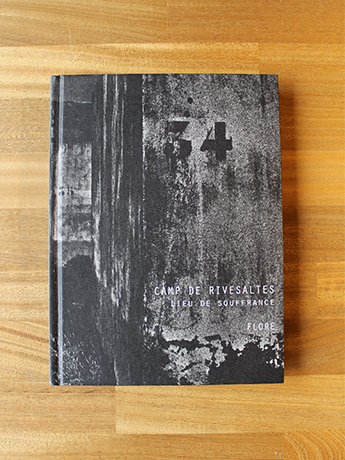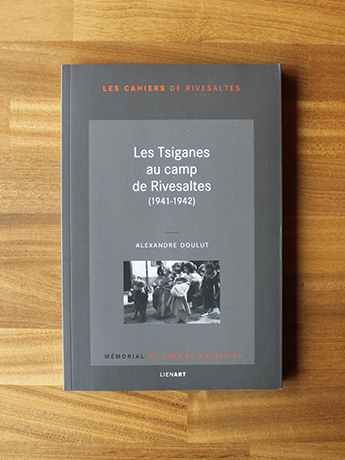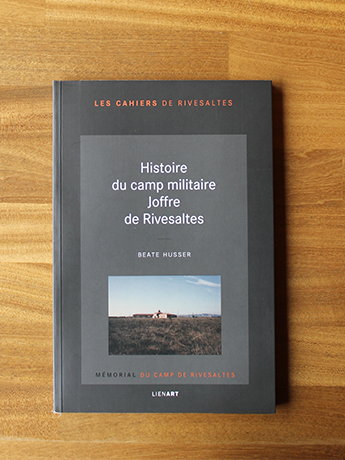The day after the Evian Accords were signed, on 18 March 1962, Harkis and their families were violently attacked by the National Liberation Front (FLN). After Algeria’s independence on 3 July 1962, the situation became worse. Tens of thousands of Harkis were killed, thousands were imprisoned, while those that remained were shunned by society. The men were criticised for their commitment to the French flag. They were stripped of their French nationality by a decree enacted on 21 July 1962.
Between June 1962 and late 1963, despite the French authorities’ efforts to keep them in independent Algeria, around 90,000 men, women and children crossed the Mediterranean to seek refuge in France. Overseen by the French military, nearly 43,000 passed through camps in Algeria before being settled in French camps. These families were treated like “refugees”—people to be monitored—rather than “returnees”, in stark contrast to the Europeans who also had to leave Algeria. Around 22,000 people—more or less half the number who arrived— were interned at the Rivesaltes Camp. This figure makes Rivesaltes the most important site in the history of the exile of the Harkis.
Seventeen personal accounts are gathered here that illustrate the tragedy of Harki families at the end of the Algerian war. Eleven women and six men shared a life of suffering at this camp, where they were interned for periods ranging from a few months to up to two years.








